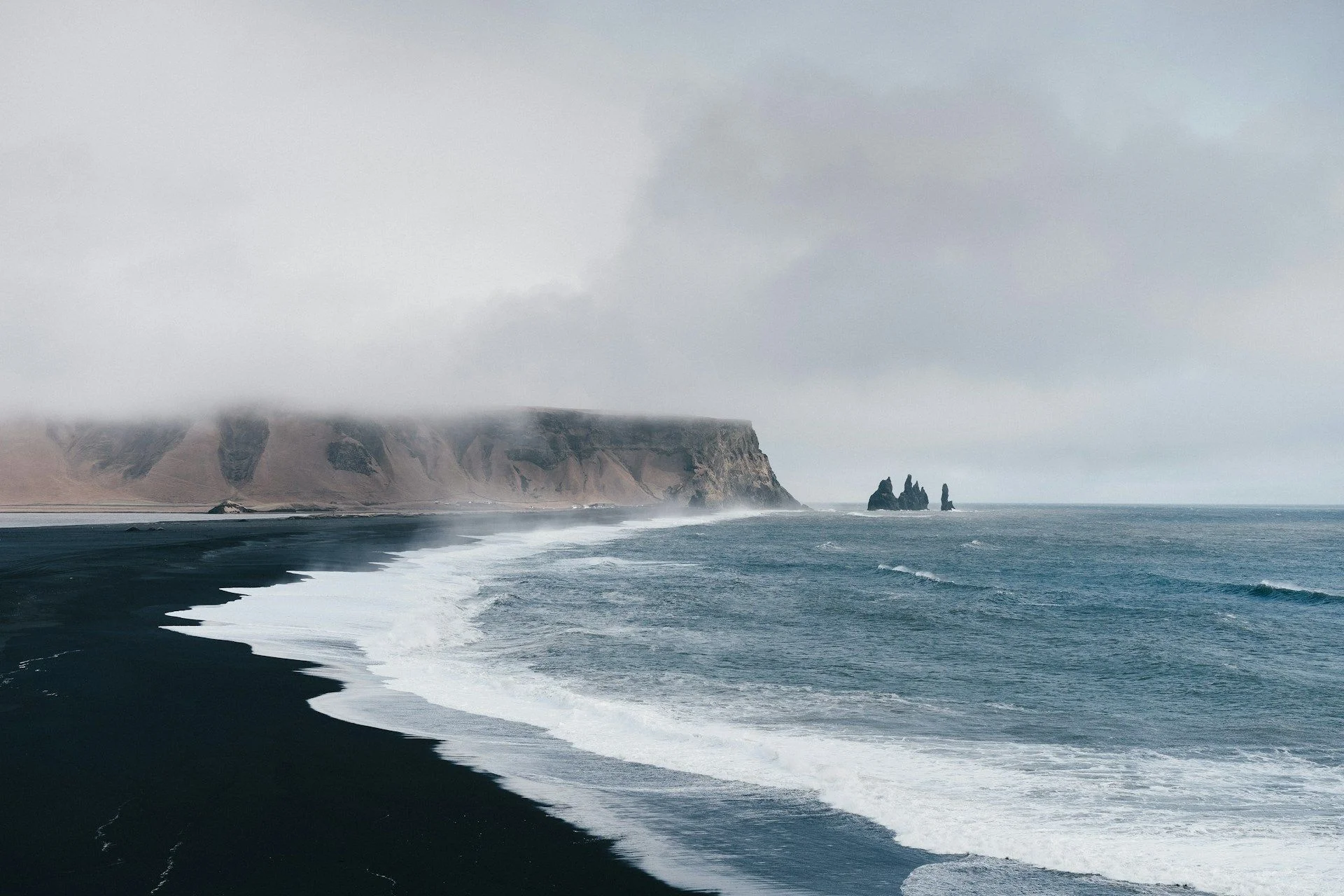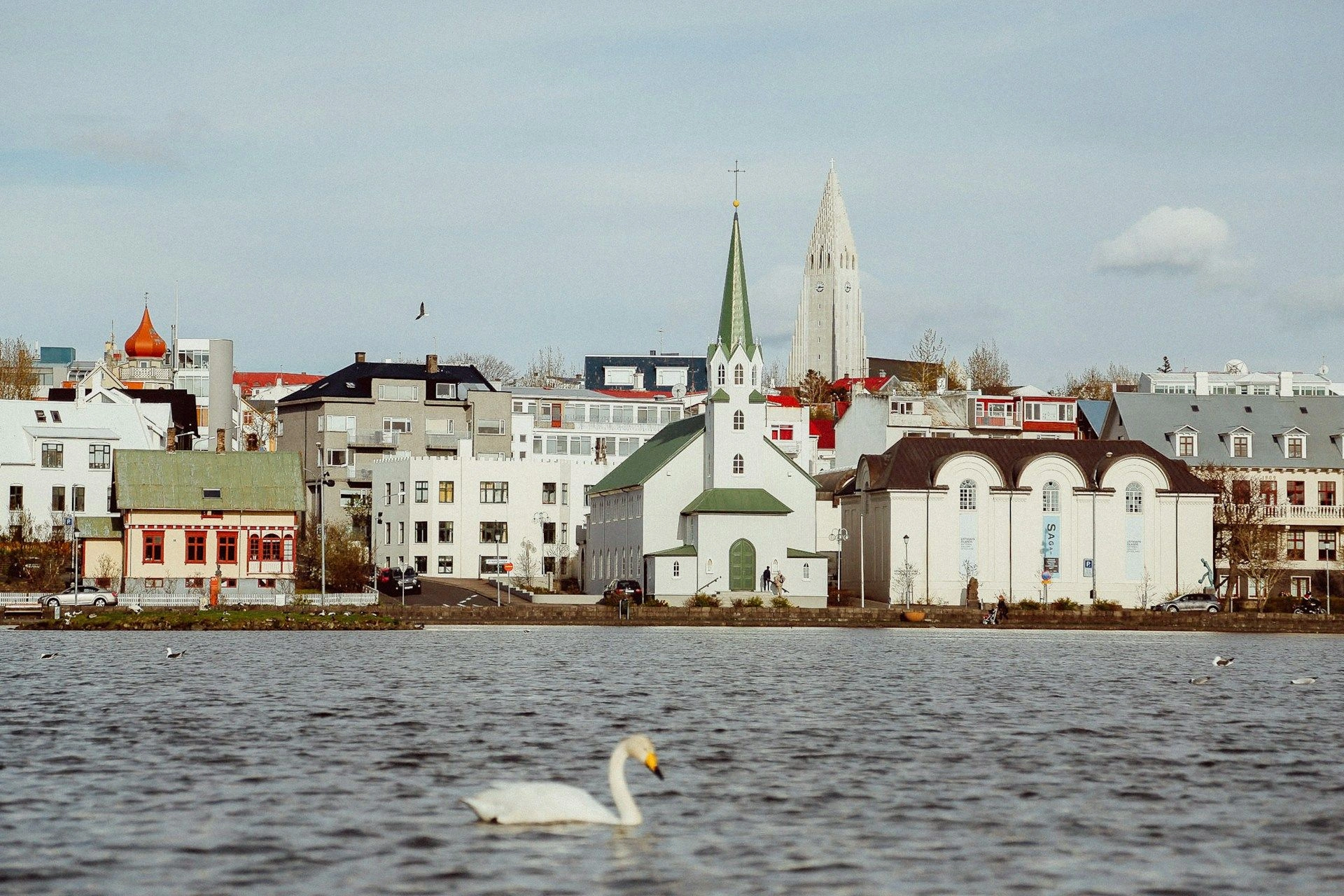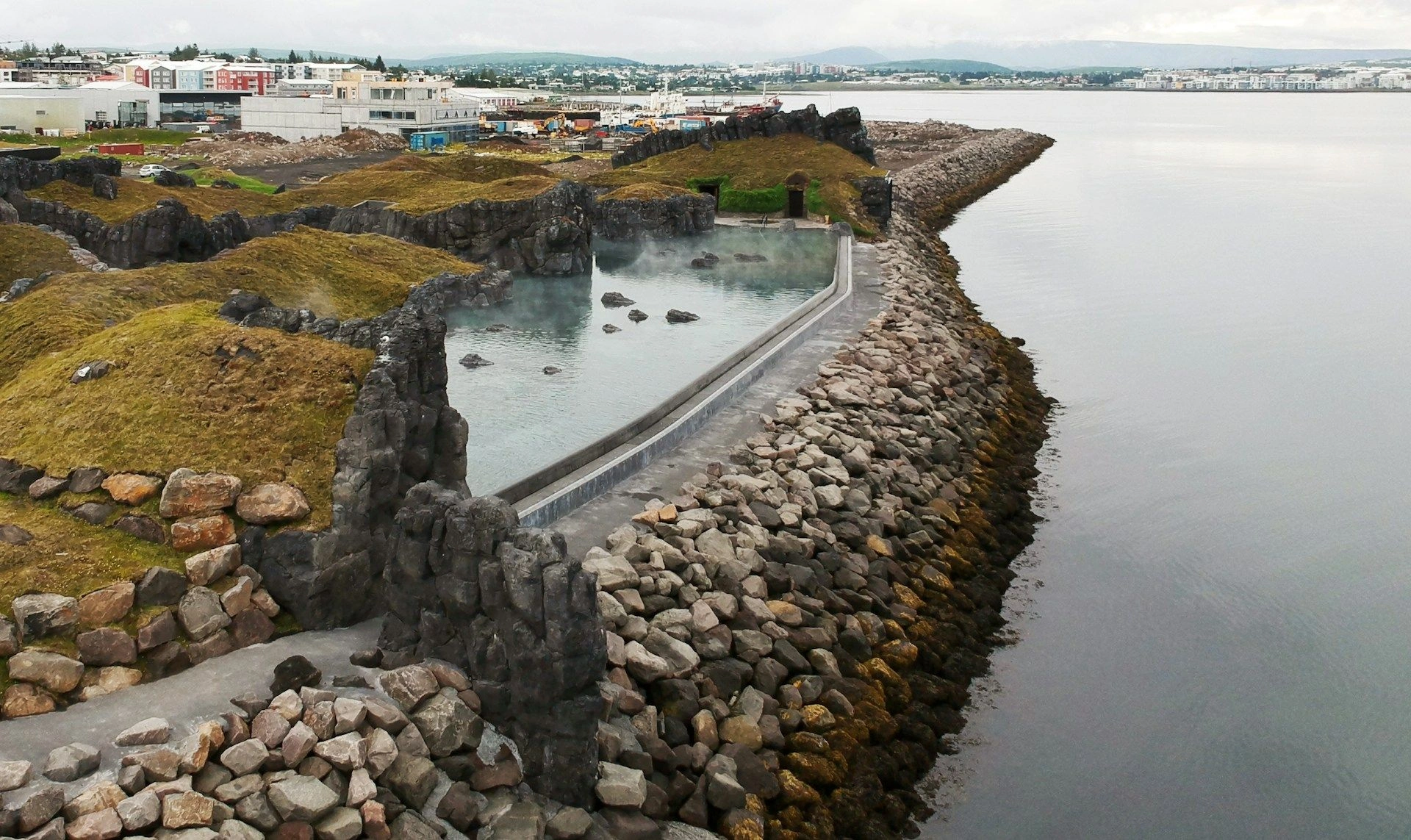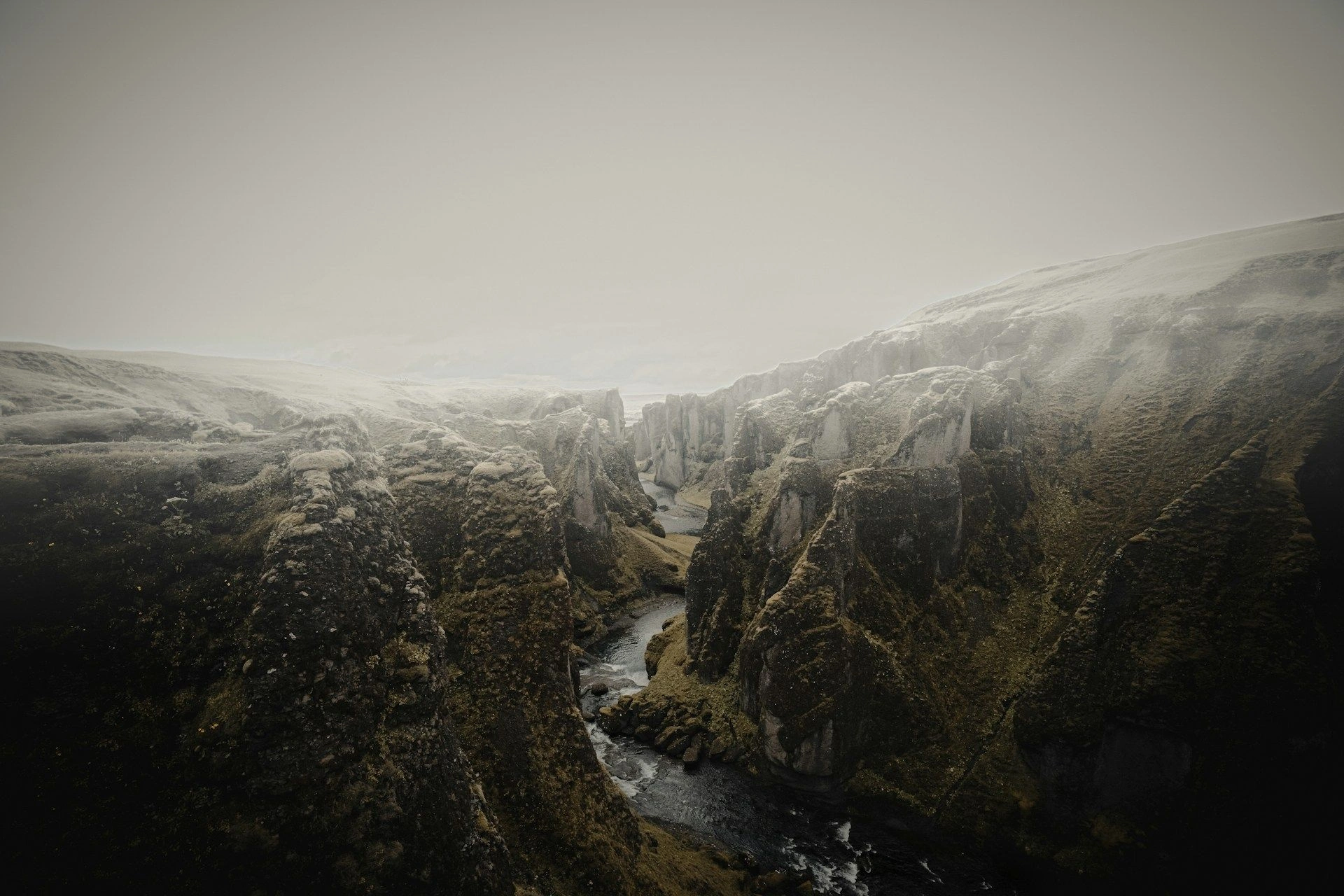Iceland Real Estate for Investment – Opportunities for BuyersModern infrastructure on wildvolcanic terrain

Popular
cities and regions in Iceland
Best offers
in Iceland
Benefits of investment in
Iceland real estate
Exclusive real estate in a pristine environment
Iceland offers a rare blend of modern housing and untouched nature, especially around Reykjavík.
High capital preservation in a limited market
With little new development and stable demand, property retains value over time.
Top-tier legal system with investor confidence
Buyers benefit from clean title registration and one of the world’s most trusted legal frameworks.
Exclusive real estate in a pristine environment
Iceland offers a rare blend of modern housing and untouched nature, especially around Reykjavík.
High capital preservation in a limited market
With little new development and stable demand, property retains value over time.
Top-tier legal system with investor confidence
Buyers benefit from clean title registration and one of the world’s most trusted legal frameworks.

Useful articles
and recommendations from experts
Real Estate in Iceland: A Stable Market in a Stunning Landscape
Why Invest in Property in Iceland
Iceland, known for its striking natural beauty, clean energy economy, and strong social infrastructure, offers a highly stable and regulated real estate market. Though relatively small and selective, Iceland’s property sector attracts attention from global buyers seeking secure investments, lifestyle homes, or rental income in a unique northern environment. The country boasts a strong legal framework, low corruption, and a transparent market—making it attractive for investors who value safety and sustainability.
Types of Property and Permitted Uses
Iceland’s real estate market includes several property categories suitable for foreign and domestic buyers:
- Urban Apartments: Found primarily in Reykjavík and Akureyri, these are ideal for long-term rental income or city living.
- Detached Family Homes: Often located in suburban or rural areas, these homes are popular for families or remote workers seeking natural surroundings.
- Summer Houses (Sumarbústaðir): Rural vacation homes often used seasonally; subject to specific zoning and usage rules.
- Commercial Real Estate: Offices, hotels, and retail spaces, particularly in tourism-related zones.
- Land Parcels: Available for custom construction or agricultural purposes; zoning laws strictly regulate building rights.
Properties can be zoned for residential, commercial, or mixed-use purposes. The Icelandic Planning and Building Act governs land use, and buyers must follow local municipal plans and environmental guidelines for construction and development.
Ownership Rights and Foreign Buyer Rules
While Iceland is open to property investment, foreign ownership is subject to specific regulations:
- EEA/EFTA Citizens: Citizens of the European Economic Area (EEA) or European Free Trade Association (EFTA) countries can purchase property in Iceland without restriction.
- Non-EEA/EFTA Buyers: Must apply for permission from the Ministry of Justice to acquire real estate. Approval is typically granted for personal use, not speculative investment.
- Legal Residency: Long-term residency in Iceland may ease approval for property ownership.
- Corporate Purchases: Icelandic-registered companies may acquire property, but foreign-controlled companies are subject to the same Ministry approval as individuals.
- Leasehold and Land Use Rights: In some cases, foreigners may lease property if purchase approval is not granted.
Legal due diligence and title registration are mandatory. Iceland maintains a digital land registry (Þjóðskrá Íslands) with accessible ownership records.
Property Prices and Market Trends
Iceland has seen steady real estate appreciation over the past decade, with Reykjavík experiencing the highest growth. Demand is driven by local population growth, tourism, and limited land for development due to natural constraints.
| Region | Average Price per m² (USD) | Property Type |
|---|---|---|
| Reykjavík | $5,000 – $7,000 | Urban apartments |
| Akureyri | $3,000 – $4,500 | Detached houses and apartments |
| Selfoss / Hveragerði | $2,500 – $4,000 | Suburban homes |
| Summerhouse areas (e.g., Golden Circle) | $2,000 – $3,500 | Vacation homes |
| Rural Westfjords / Eastfjords | $1,000 – $2,500 | Land or cottages |
The COVID-19 pandemic sparked greater interest in rural and spacious housing, and this trend continues. The limited housing supply and tight planning controls keep prices resilient.
Transaction Costs and Taxes
Iceland has a relatively low transaction cost structure and a fair property tax regime:
- Stamp Duty: 0.8% of the purchase price, paid by the buyer at registration.
- Legal Fees: Usually 1%–2% of the property value; notaries are not required, but a lawyer is essential for foreign buyers.
- Valuation and Survey Fees: Optional but recommended, especially for older properties.
- Capital Gains Tax: 22% on profit from resale. Exemptions apply if the property is the primary residence.
- Annual Property Tax: Rates range from 0.18%–1.65% depending on property type and location. Commercial properties are taxed at higher rates than residential.
Property taxes are collected by municipalities and are generally based on the official property valuation (fasteignamat) set annually by the Icelandic government.
Rental Market and Yields
Iceland’s rental market is highly regulated and undersupplied, especially in urban areas:
- Reykjavík Apartments: Yield between 3.5%–5% annually, with high occupancy.
- Tourist Rentals: Short-term rentals are restricted in central Reykjavík and require permits. Outside the capital, regulations are more lenient.
- Student Housing: Demand is strong in cities like Reykjavík and Akureyri near universities.
Foreign investors should be aware that rent control laws apply to long-term leases. Short-term vacation rentals (via Airbnb or Booking) must be licensed and limited in duration, typically capped at 90 days per year for non-commercial use.
Investment Scenarios
- City Apartment in Reykjavík: Buy a 2-bedroom apartment for $400,000–$500,000 and rent it to long-term tenants. Expect stable demand but moderate yields due to regulation.
- Summerhouse in Golden Circle: Purchase a vacation home for personal use and occasional rental. Pricing from $250,000. Potential for capital appreciation and lifestyle value.
- Land in Akureyri or South Iceland: Purchase undeveloped land for future home construction, especially in geothermal zones or scenic areas.
- Commercial Property in Reykjavík: Invest in mixed-use buildings or boutique hotels with prices ranging from $800,000+. Yield depends on location and tourism demand.
Top Locations for Real Estate Investment
- Reykjavík: The capital city offers the highest rental demand, modern infrastructure, and cultural activities. It is ideal for urban dwellers and investors.
- Akureyri: Known as the capital of the north, this town offers lower prices, great lifestyle amenities, and strong long-term potential.
- Golden Circle: Popular tourist zone near Þingvellir, Geysir, and Gullfoss. Vacation rentals and summer homes are common.
- Selfoss / South Coast: Accessible from Reykjavík with growing residential appeal. Good for families and nature lovers.
- Westfjords: For adventurers and eco-minded investors. Remote, wild, and increasingly desirable among sustainability seekers.
Infrastructure and Quality of Life
Iceland ranks among the top countries globally for quality of life, infrastructure, and environmental health:
- Transport: Well-maintained road systems; domestic flights connect regional towns; public transport is limited outside Reykjavík.
- Healthcare: Universal and high-quality public health system; private services available in urban areas.
- Education: Free public education with high global rankings; international schools are limited but growing.
- Utilities: 100% renewable energy (hydro and geothermal); utility costs are low and systems are reliable.
- Internet: High-speed broadband and 5G rollout in urban centers.
Safety, clean air, gender equality, and modern governance make Iceland one of the most desirable places to live and invest in for long-term resilience.
Legal Considerations and Practical Tips
- Get Approval Early: Non-EEA investors must apply for permission to buy before signing purchase contracts.
- Work with a Lawyer: Essential for navigating regulations and ensuring title verification.
- No Need for Notary: Unlike in other countries, property transactions are conducted without a notary but must be properly registered.
- Understand Rental Laws: Iceland favors tenants; familiarize yourself with rules before planning rental income.
- Be Aware of Weather and Construction: Properties must meet insulation and heating standards due to harsh winters.
Conclusion: A Secure and Sustainable Investment Environment
Iceland is not a speculative real estate market—but for those seeking long-term security, environmental sustainability, and a high quality of life, it offers unique advantages. Whether investing in a Reykjavík apartment, a countryside summerhouse, or a boutique commercial asset, property in Iceland provides stable value, low risk, and the added benefit of living amid one of the world’s most breathtaking natural landscapes. Investors should prepare for legal requirements and a regulated market, but those who do will be rewarded with enduring returns in one of the most forward-thinking nations on earth.



